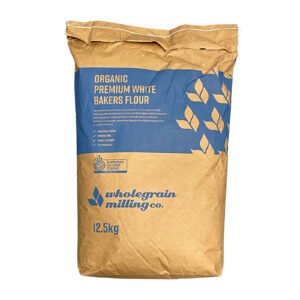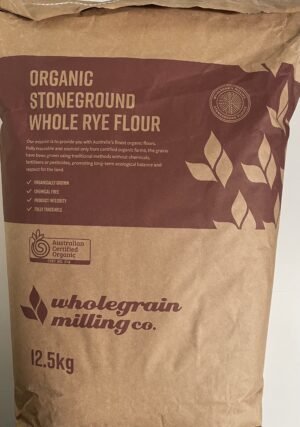The connection between sourdough and digestion is more profound than many realize. This article delves into the fascinating science behind sourdough bread and its positive impact on digestion.
We will uncover how this traditional bread-making process not only enhances flavor but also contributes to better digestive health.
Join us as we explore the intricacies of sourdough and digestion, revealing why this ancient bread-making method is gaining modern recognition for its health benefits.
Pizza dough spatula: The Essential Accessory for Homemade Pizzeria.
Table of Content
Fermentation: Key to Easier Digestion
The secret to why sourdough and digestion are so closely linked lies in the fermentation process. Sourdough bread is made using a naturally occurring yeast and bacteria culture. This fermentation process predigests the starches in the flour, which means your body has less work to do.
The breakdown of these starches during fermentation makes sourdough a lower glycemic index food, meaning it has a more gradual impact on blood sugar levels. Additionally, the fermentation process helps to degrade gluten, a protein that can be difficult to digest for many people. This partial breakdown of gluten can make sourdough a more comfortable option for those with mild gluten sensitivities.
Nutrient Absorption and Gut Health
Sourdough and digestion also share a beneficial relationship through improved nutrient absorption and gut health.
The fermentation process in sourdough production reduces phytic acid, a substance found in grains that can bind minerals and reduce their absorption. As a result, sourdough bread allows for better absorption of nutrients like magnesium, iron, and zinc.
Furthermore, the lactic acid bacteria present in sourdough contribute to the growth of beneficial gut bacteria, crucial for maintaining a healthy digestive system. This enhancement of gut flora can aid in digestion and overall gut health.
Alleviating Digestive Discomfort
For many, the relationship between sourdough and digestion is most evident in the alleviation of digestive discomfort. The long fermentation process required for sourdough production results in a bread that is generally easier to digest.
This can be particularly beneficial for individuals who experience bloating, discomfort, or other digestive issues after consuming regular bread. By incorporating sourdough into their diet, many find that they can enjoy bread without the adverse digestive side effects.
The science behind sourdough and digestion reveals a world where tradition meets modern nutrition. This unique bread-making process not only creates a delicious product but also offers numerous digestive health benefits.
From easier digestion and enhanced nutrient absorption to improved gut health and alleviation of discomfort, sourdough bread is an excellent choice for those mindful of their digestive well-being.
So, the next time you savor a slice of sourdough, remember that it’s not just a treat for your taste buds but also a boon for your digestion.






